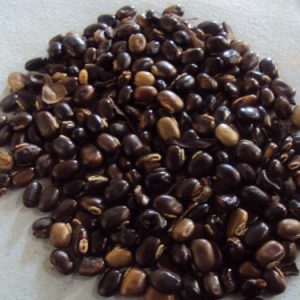Flax, also known as common flax or linseed, is a member of the genus Linum in the family Linaceae. For centuries, flax seeds have been prized for their health-protective properties. Flax seeds are a rich source of alpha-linolenic acid (ALA), a mostly plant-based omega-3 fatty acid. Animal studies have shown that the ALA in flax seeds prevented cholesterol from being deposited in the blood vessels of the heart, reduced inflammation in the arteries and reduced tumor growth. Flax seeds contain a group of nutrients called lignans, which have powerful antioxidant and estrogen properties. They may help in preventing breast and prostate cancer, as well as other types of cancer. With so much fiber packed in each tiny seed, adding flax seeds to your diet promotes regular bowel movements and can improve your digestive health. The high fiber content of flax seeds can help lower cholesterol and may play an important role in improving heart health. Flax seeds have been proven to lower blood pressure and are especially helpful for those with high blood pressure. Flax seeds are a good source of plant-based protein and can be an alternative protein source for people who do not eat meat. Flax seeds may lower blood sugar due to their insoluble fiber content. They can be a beneficial addition to the diet of people with diabetes. Flax seeds keep you full for longer and may help you manage your weight by controlling your appetite.
Additional information
| Part used | Seed/Seed oil |
|---|---|
| Benefit | Rich source of Omega 3 & 6, protein and fibers, helps in high cholesterol, diabetes, blood pressure, good for heart and digestive system. |
| Botanical Name | Linum usitatissimum |






